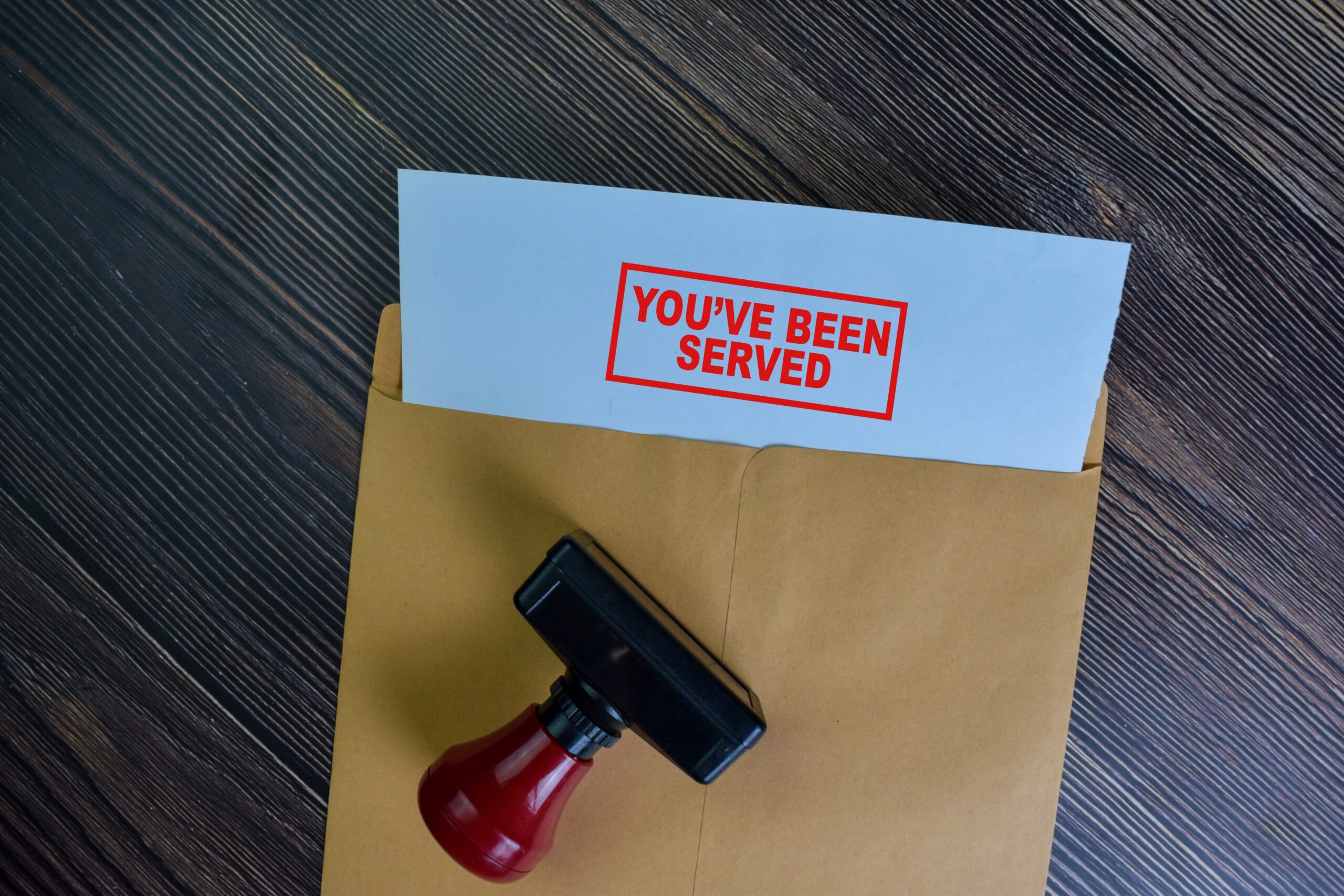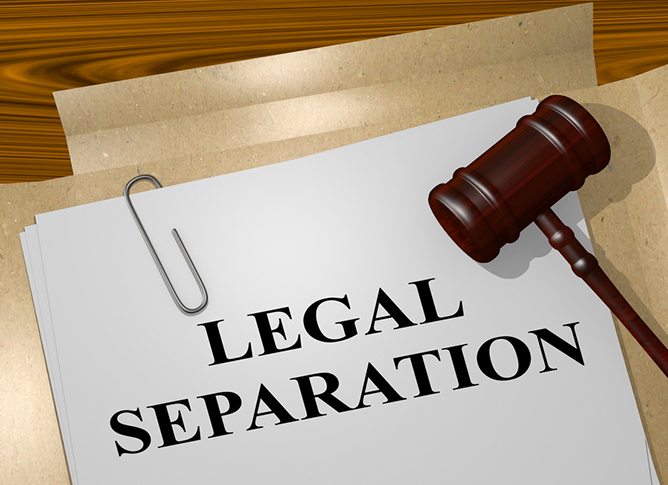At Hartley Lamas Et Al., Attorneys at Law, we are often asked about the benefits of mediation over litigation. Specifically, our clients want to know how mediation may affect the process of their divorce case.
Below, we’ll offer some insight into this topic — and precisely, what the benefits of mediation can be for your case.
The 4 Benefits of Mediation in Divorce Cases
When it comes to typical divorce cases, mediation can offer the following advantages:
- Mediation allows for more control over the divorce process.
- It tends to be less expensive.
- It’s usually quicker than litigation.
- Mediation offers more privacy.
Today, we will discuss how mediation gives you more control over your divorce process. There are three areas of control that we will touch on.
How Mediation Can Give You More Control Over Your Case
- It allows you to choose the issues you want to focus on.
Imagine starting your case, and you’re trying to resolve some of the main issues you’re facing. Naturally, you want to control what issues are being focused on.
But in the courtroom, the court dictates what issues are being resolved based on the problems brought before it. These issues are typically based on the requests or motions that parties file in the case. However, you’re always bound by those issues alone. You cannot go outside of these bounds.
This produces a very restrictive environment. On the other hand, with a mediation case, you are in complete control over the topics and issues that can be addressed on any day. You can also change course during any appointment.
You set the appointment. You set the agenda. And you try to resolve as many issues as you can. You can fix the whole case in one day if you’re able.
2. It gives you more control over the outcomes of these issues.
Now, let’s discuss the outcome of your issues. In a courtroom, if you are in dispute, you present your evidence to a judge, and the judge applies the law to that dispute. The outcome may be what the parties wanted. Or, it may not be what the parties wanted.
It may serve their interests. It may not be anything even remotely close to what they wanted. We’ve had many families upset about the outcomes reached in court.
Conversely, you are in complete control over the outcome in a mediation case. You can come up with ideas with the mediator’s help, and these will ideally serve your objectives. Some of these ideas may fall outside of what a judge would do, but the point is doing what’s possible to benefit both parties interests.
3. It allows you to control the setting easily.
Lastly, choosing the setting of your case will be more important than you may assume. In divorce cases, the parties want to be in control over the environment and where their disputes are resolved. Imagine you’re having your case heard, and of course, the most critical issues in your life are being discussed. Do you want to have that case heard at a courthouse where you’d have to travel to a new, unknown location that you may not be familiar with? Or, would you be happier to go to a park?
In court, you’d have to wait for other cases before your matter would be heard. The seats may be uncomfortable. The space will probably be unfamiliar. Mightn’t you rather have your case heard in a place of your choosing — even in an office, a hotel banquet room, a Starbucks, or any place that makes you feel more comfortable? Mediation allows you to choose your environment.
Have Questions About Mediation or Your Divorce Case?
The legal team at Hartley Lamas Et Al., Attorneys at Law, has been helping families reach ideal legal outcomes for decades. We want to help you too.
Contact us today if you have questions about mediation or a forthcoming divorce case you would like to discuss.
Related Posts

Tax Returns Amid Divorce: Should You File Jointly with Your Spouse or Not | Divorce Attorney Ventura

























